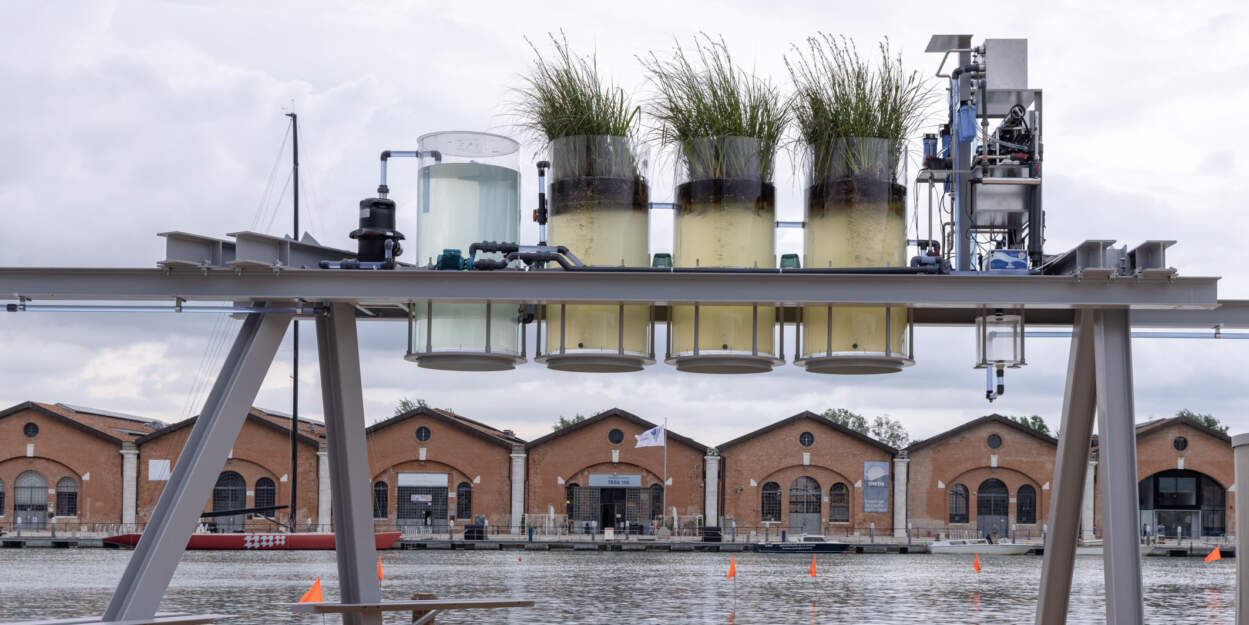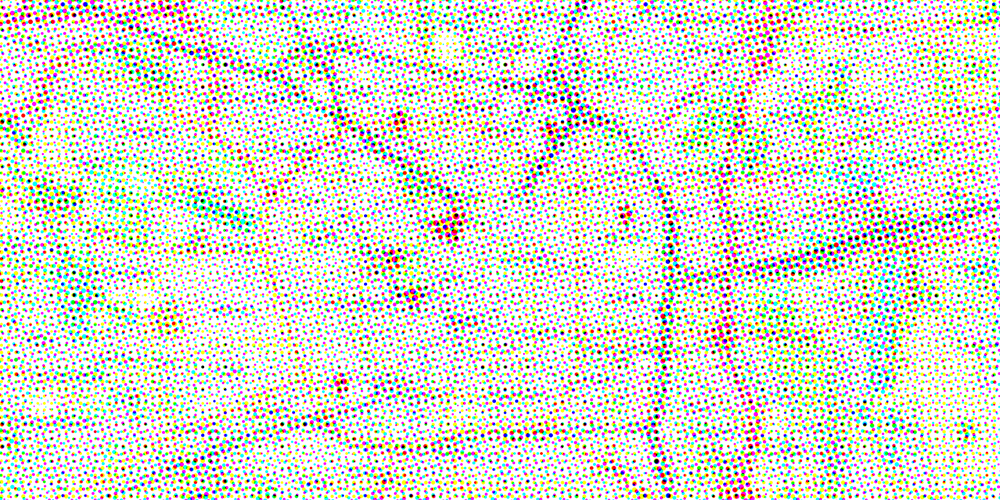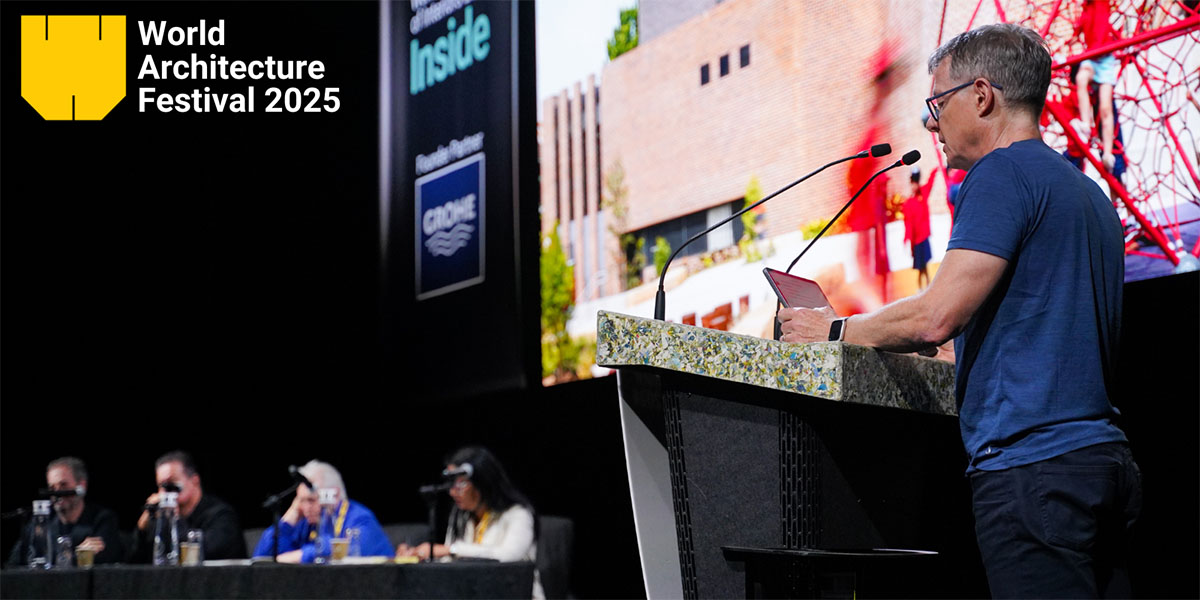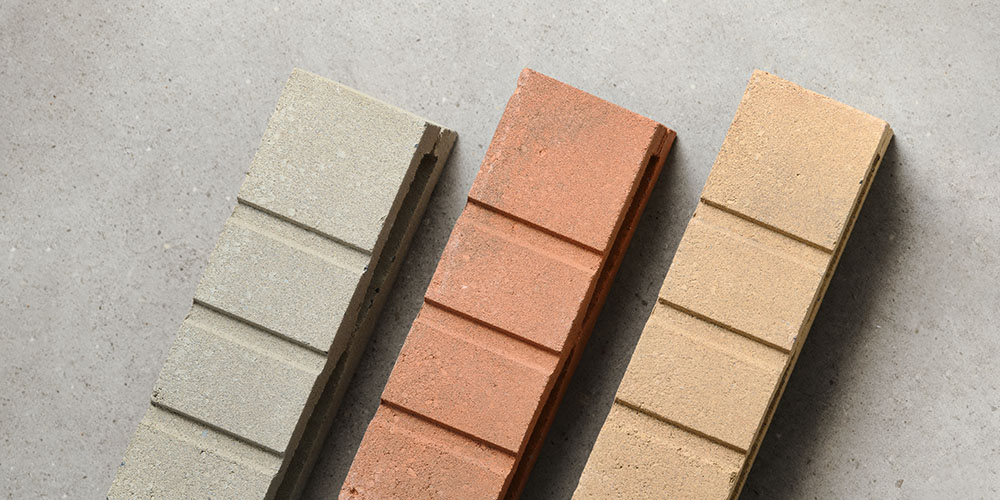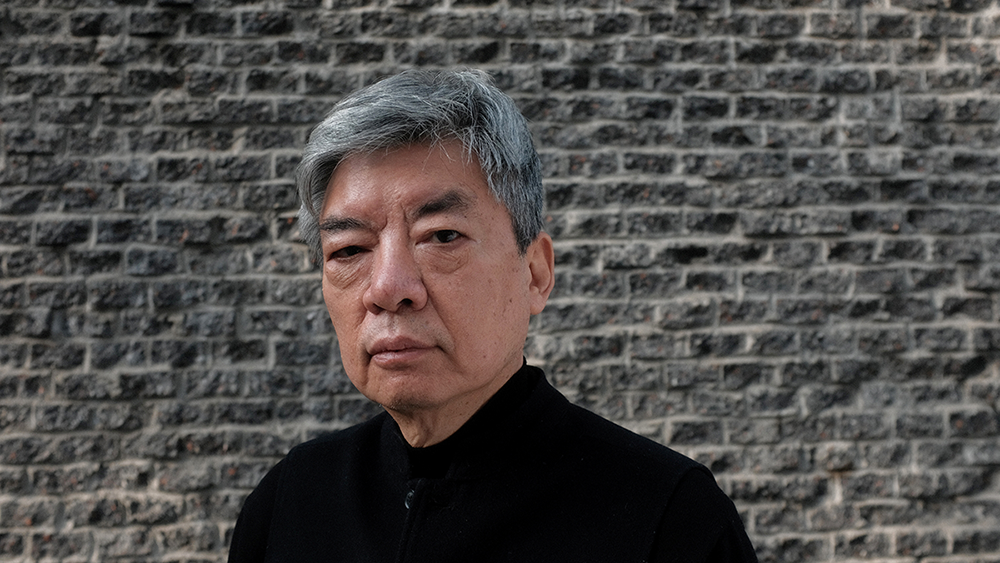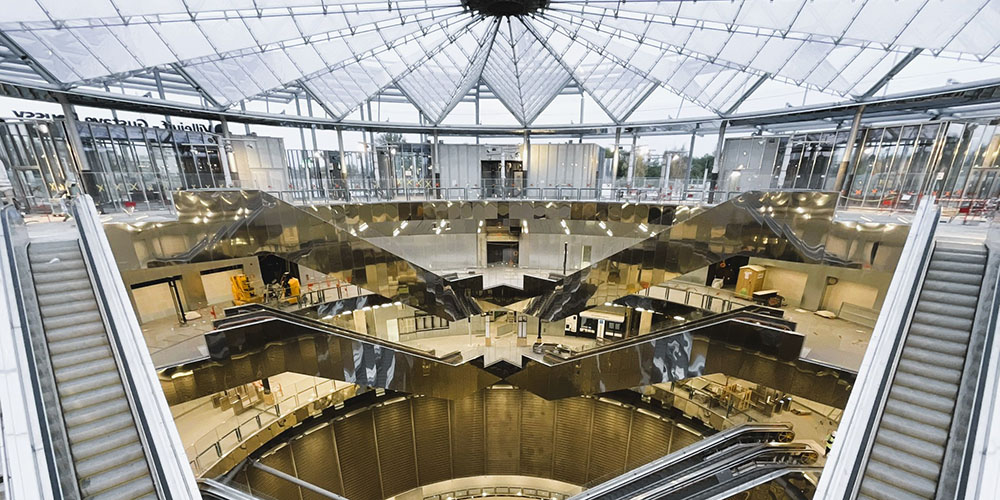For the third year LFA has asked to their community to suggest the theme for London Festival of Architecture 2023.
The proposals were considered by LFA2023 Curation Panel, composed by Tara Gbolade, Mayor’s Design Advocate and co-director of award-winning Gbolade Design Studio, João Guarantani, Senior Programme Manager, Architecture, Design and Fashion at British Council, Melodie Leung, Associate Director at Zaha Hadid Architects, Fiona MacDonald, Co-Founder and Director of MATT+FIONA, Nic Monisse, Deputy Design Editor at Monocle Magazine, Binki Taylor, Partner at The Brixton Project, Jordan Whitewood-Neal, architectural researcher, designer and founder of DIS/, Hadi Yassine, first year Architecture student at Kingston University and London Neighbourhood Scholarship Trust Scholar for 2022/3, which, after much deliberation, has picked ‘In Common‘.
We live in a state of multiple crises: climate, health, class, and race have highlighted a wide spectrum of systematic inequalities our cities hold; from lack of affordable housing to obvious gaps in provision of greenspaces and other natural resources.
Discussion and debate online and in person can revolve around our differences. But this is not inherently negative; discussing what we don’t have in common is an important part of improving our built environment, ensuring we are working with those with different lived experiences who interact with cities in the ways that we don’t.
“In some cases, architects, developers, and planners may not have much in common with the people who use the spaces they’re creating – what effect does this have on our city?” asks the London Festival of Architecture 2023 organisation.
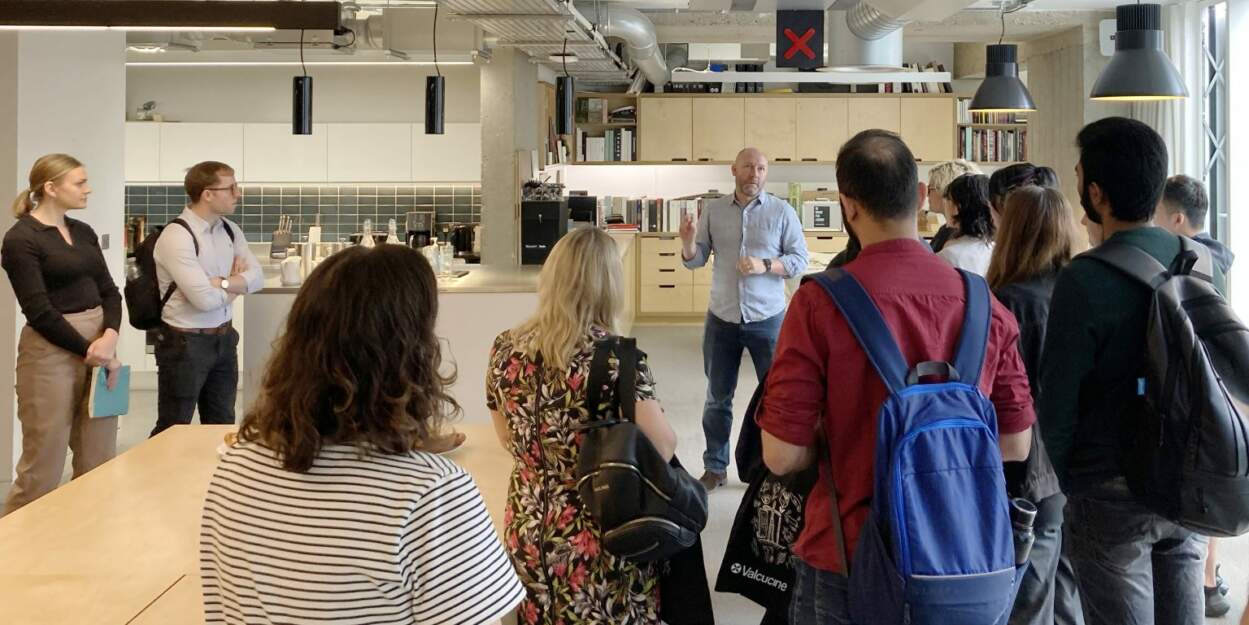
Jestico + Whiles visit during London Festival 2022
In so many aspects of our lives, we are brought together by ‘commons‘ – both physical and digital, involving both the natural and manmade.
Commons is a term related to a community at large. Oxford dictionary defines commons as ‘land or resource belonging to or affecting the whole of a community‘.
Access to our communal spaces is not always equal, our spaces are not always inclusive in their design nor welcoming, which prompts the questions what and who is public space for?
In recent years, we have seen a resurgence of urban commons as an alternative model of commons, developing small pockets of often unwanted land through peer-to-peer governance and production, alongside a rethinking of our evolving highstreets as contemporary commons reclaimed by people who use them.
Over the last few years we, at ARCHIVIBE in collaboration with our sponsors, have had the chance to visit many architectural firm offices and buildings, especially in London, that have shared common spaces.
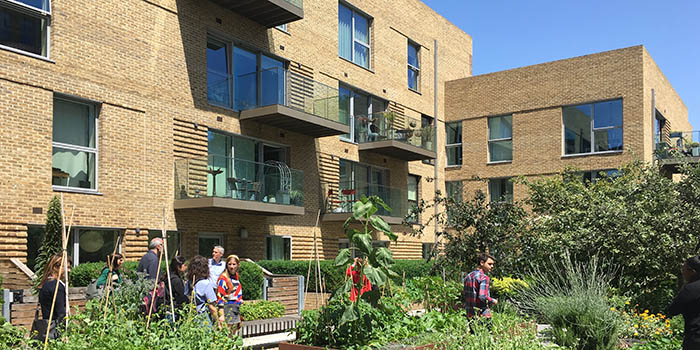
Trafalgar Place Development by dRMM
Many people prefer to work in a collaborative space as it gives them a sense of belonging to a community. It’s a great way to build a positive culture within a workplace. We saw ample space to socialize and connect: common kitchens, open terraces, cafes, lounges, table tennis and other relaxed spaces can be appealing for modern day workers.
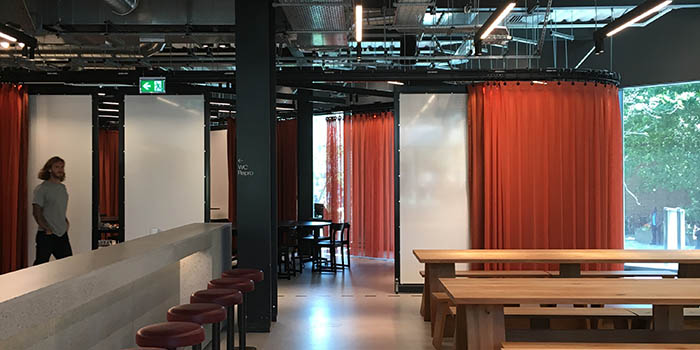
Gensler London visit during London Festival 2019
Can these models be scaled up to influence the city as a whole? How can we create, reclaim, maintain, and govern our city to create spaces that are truly open and accessible to all, by looking specifically at what connects us and what doesn’t?
‘In Common’, also encourages us all to reflect on the finite number of natural resources we have left – water, crops for food, a habitable earth, which need to be nurtured and sustained by us all.
These shared resources need to be maintained, as do the systems and practices that govern and preserve them. How can architecture not only protect our shared resources but regenerate them in the face of the climate emergency?
Throughout the Festival, LFA2023 hope to explore and interrogate how the experiences we do and don’t have in common are central to the evolution and development of the city. Our community holds knowledge, skills and understanding to find solutions to the real-life challenges we face, and we look forward to bringing these explorations together in June 2023.
In the next few weeks the curation panellists will share their interpretations of LFA2023 theme.
Join the conversation on social media and let them know your thoughts using #LFA2023.

